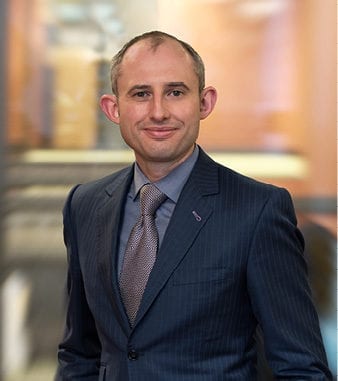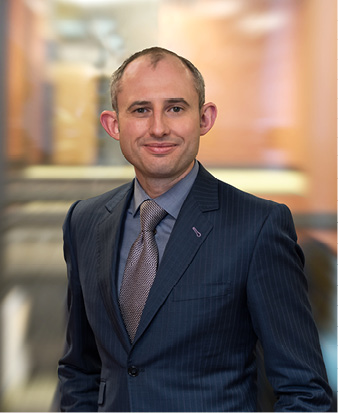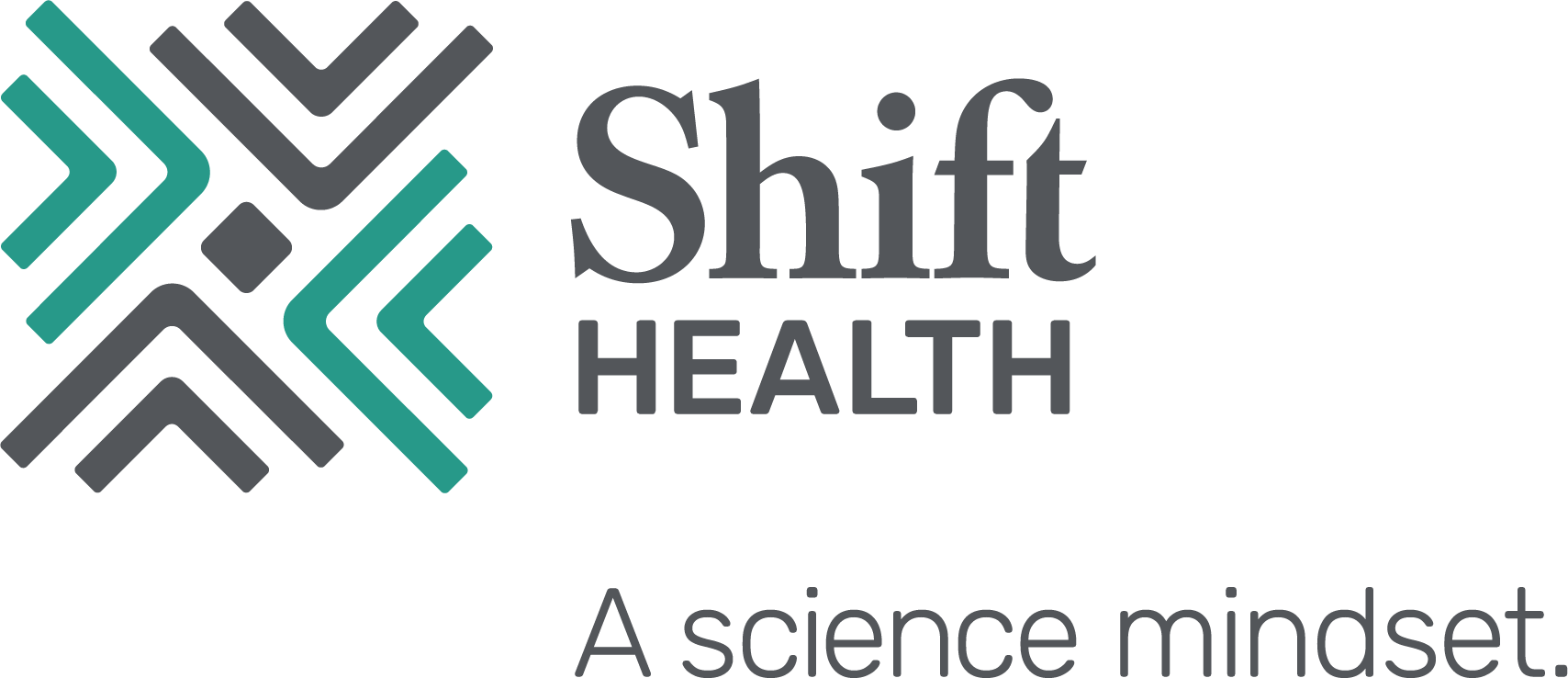


Dr. Ryan Wiley
President, Shift Health
Policy Advisor, Research Canada
In just under a week, Canadians will be choosing among platforms and positions to elect their next government. And while healthcare remains a perennial concern, health research and science are almost undetectable in public discourse: our politicians aren’t talking about science, and the public doesn’t seem to care. This neglect is regrettable, but perhaps unsurprising. Indeed, just as some of the existential challenges we face—climate change, an aging population, antimicrobial resistance—flirt with crisis, Canadians are losing faith in the scientific apparatus on which our future depends. A recent poll sponsored by 3M suggested that Canadians, while overwhelmingly accepting of scientific evidence, feel increasingly alienated from scientific institutions—and scientists, specifically—characterizing them as elitist, detached and out-of-touch. Trust is low and falling.
Why—and, more crucially, what can we do about it? Expert observers have appropriately identified the importance of fostering more meaningful and accessible engagement between scientists and the general public. Others have called for urgent action to improve STEM education and strengthen universal scientific literacy. These are sound responses, but they are neither new nor sufficient; we have been discussing the need for publicly-engaged science and improved scientific literacy for years, and while prevailing models are imperfect and adoption has been uneven, they will never achieve their potential if we fail to position these approaches in the context of the larger societal vision they aspire to serve.
For me, we need to begin thinking about science as a social movement: collective spirit and action built on a population-wide understanding that knowledge creation and discovery are urgent, essential and a shared responsibility.
What would it mean if science were a social movement—and how do we move from a stance of distrust to a more enlightened science that both awakens and is awakened by public consciousness? This transformation will require at least three fundamental changes: it will require a public that’s fully engaged in science and activated to contribute; it will require greater transparency in scientific decision-making; and it will require a focus on making the utility of our science both evident and appreciated.
Engaged and activated Canadians. Most research organizations recognize public engagement as integral to their missions and make efforts to ignite public attention (and donations) through symposia, social media and community outreach—but what would happen if research organizations viewed public engagement not as a duty but as their animating force? What would it mean if Canadians believed that research was not for them, but rather with and by them? Imagine how the health sciences, in particular, would evolve—and be propelled—if participation in research was not the exception, available only to patients at elite teaching hospitals, but instead the expectation of all Canadians.
Heightened transparency. There are many justifiable reasons for the objective detachment of scientific decision-making. We must ensure that science is impervious to influences that undermine lucid judgement of merit, relevance, and potential to improve or enhance life. But in a world in which scientific priorities can be dictated by mercurial politicians or special interests, or decided within the predominantly white, male and privileged echo chamber of elite science, who is scrutinizing the public interest? Imagine how science would be enriched—more equitable, more representative, more objectively relevant to humanity—if the public were not simply consulted as non-expert witnesses, but genuinely viewed as the primary stakeholders in a radical scientific democracy.
Demystified utility. Canadians expect and deserve to know that Canada’s investment in science is accountable and delivering practical results—and there’s no question that Canada can and must do more to propel the translation of knowledge and discoveries into impactful solutions; that our health system can become a more reliable and enabling receptor for knowledge and innovation; and that we can do a better job of documenting and reporting on the value our science is creating for Canadians in terms of economic growth, health system effectiveness and improved lives. But where we really struggle is in making a clear connection between the application of knowledge and discovery and the scientific curiosity upon which the entire system of innovation is predicated. Curiosity isn’t elitist, esoteric or self-indulgent. It’s useful. Every discovery that changes a healthcare practice or leads to a new intervention is built on a foundation of questioning, learning and failure. Inspiring Canadians to embrace this connection will require much more than better communication. Imagine how much stronger the scientific enterprise would be if we celebrated curiosity as a universal human impulse and harnessed the collective curiosity of all Canadians.
Unleashing science as a social movement will require unprecedented scientific literacy, public engagement and cultural change. But it is both plausible and arguably critical to our scientific future, particularly as we contemplate a world of personalized healthcare in which the sharing, integration and AI-enabled analysis of individuals’ personal health data—medical records, data passively collected by health apps, genome sequences—will be the primary driver of science and innovation. If we expect individuals to provide their sovereign data to enable research, they need to play an active role in creating the research agenda and defining the value this research needs to deliver.
Science and elections. Science is critical to tackling voters’ top concerns: healthcare, the environment and the economy. Science underpins evidence-based decision-making and is therefore central to voters’ confidence in the integrity of government and our public institutions. And yet science remains an electoral afterthought. Let’s reimagine science as a social movement—one that invites all Canadians to view science as a shared benefit and a shared responsibility—and look forward to future elections where science assumes its rightful place on the ballot because it occupies a central place in our national consciousness between elections.
Shift Health is a Sponsor of Research Canada’s Your Candidates, Your Health 2019 Federal Election Campaign. To learn more, visit yourcandidatesyourhealth.ca.

